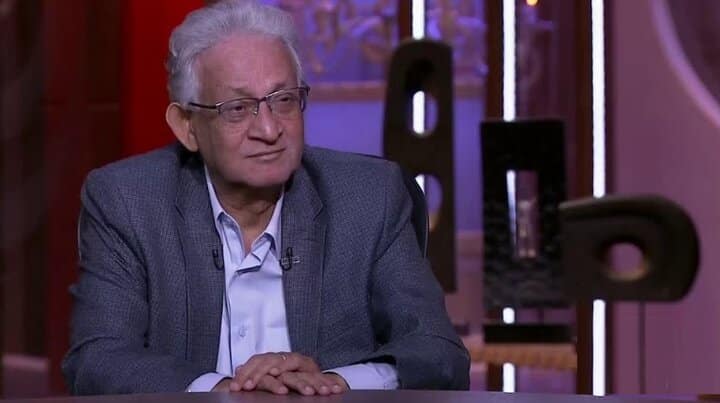Egyptian Analyst: Iran found a special place in the Arab world with its independent decisions.
One of the issues raised after the Al-Aqsa storm operation on October 7, 2023, was the impact of this operation on the relations between Iran and the Arab countries and the map of the region. In this regard, the Masrizadiran website conducted an interview with the famous Egyptian political analyst and journalist “Abdullah Al-Sanawi”, the description of which follows.
In the past years, some countries of the Arab world raised accusations about Iran’s interference in the internal affairs of some Arab countries and supported some groups. But after the Al-Aqsa storm operation, little by little, a new image of Iran was revealed to the Arab world. How do you see this picture?
Undoubtedly, the image of Iran has improved in the eyes of the Arab people, who have long been sympathetic to the Palestinian issue and are currently sympathizing with the Al-Aqsa storm and the Palestinian resistance, but there are unsolved and hidden problems and there are other alternative convergences between the Arab and Iranian people. need Another truth that we do not see in the Arab world is that Iran has found a special place in the Arab world in this battle and also with its independent policies recently. Because Iran is almost or definitely the only country in the region that has control over its decisions in the Middle East; A feature that was previously only enjoyed by Egypt during the rule of Gamal Abdel Nasser.
Seyyed Ali Khamenei, the Supreme Leader of the Iranian Revolution, mentioned this issue in one of his public speeches and said that Egypt was the first country to gain true independence after World War II, and Iran also achieved the same characteristic, i.e., national independence in decision-making. brought Decisions that are made based on our interests and discretion, without external effective influence on it, whether we agree or disagree with these decisions. These decisions ultimately stem from purely Iranian reasons, and this is a very unique feature.
Strangely, diplomatic relations between Egypt and Iran have not been established for more than 4 decades, while Tehran has relations with the United States, European countries, and all the countries of the Persian Gulf. One of the paradoxes that has occurred is that in the year 1979, the most important historical development of the region took place. In that decisive year, Egypt officially recognized Israel (the Zionist regime), and a peace treaty was signed between Egypt and Israel. In the same year, the Iranian revolution took place, and thus, on the one hand, Egypt, as one of the great powers of the region, left the Arab-Israeli conflict through the peace treaty, and on the other hand, another great regional power, Iran, entered the confrontation field. Iran has gained weight in regional equations since the peace treaties and also the beginning of the October War.
On the other hand, Iran relied on two approaches in its policy; One approach in the fight against America and “Israel” and another approach in direct support of the Palestinian issue. We must remember that in the seventies of the last century, “Israel” had an embassy in Tehran, which was evacuated and replaced by the Palestinian embassy. An action that provided popular support for Iran in the region.
With the passage of time and the intensification of major events in Lebanon, the absence of a center of gravity in the Arab world, the emergence of centers of gravity that were created by the power of money and were subordinate to America in their decisions, which led to the escalation of crises in the region, and also with Iran’s reliance on the Shiite political plan. Tehran gained more presence in the region.
After that, following the Al-Aqsa storm operation and Iran’s support for the Palestinian resistance, a bigger change occurred in the image of Iran in the eyes of the Arab world, and a bigger role and a more popular presence emerged from it.
How do you see the relations between Cairo and Tehran in the future after the Al-Aqsa storm and the issuance of official statements by the ministries of foreign affairs of Iran and Egypt that the ambassadors will return after the end of the Zionist regime’s war against the Palestinian nation?
Strangely, diplomatic relations between Egypt and Iran have not been established for more than 4 decades, while Tehran has relations with the United States, European countries, and all the countries of the Persian Gulf. Sometimes there may be tension in the relations between Iran and these countries and these relations progress or decline, but these relations are always maintained; However, during these decades, Egypt has continued to cut ties with Iran and to not have dialogue between Cairo and Tehran.

